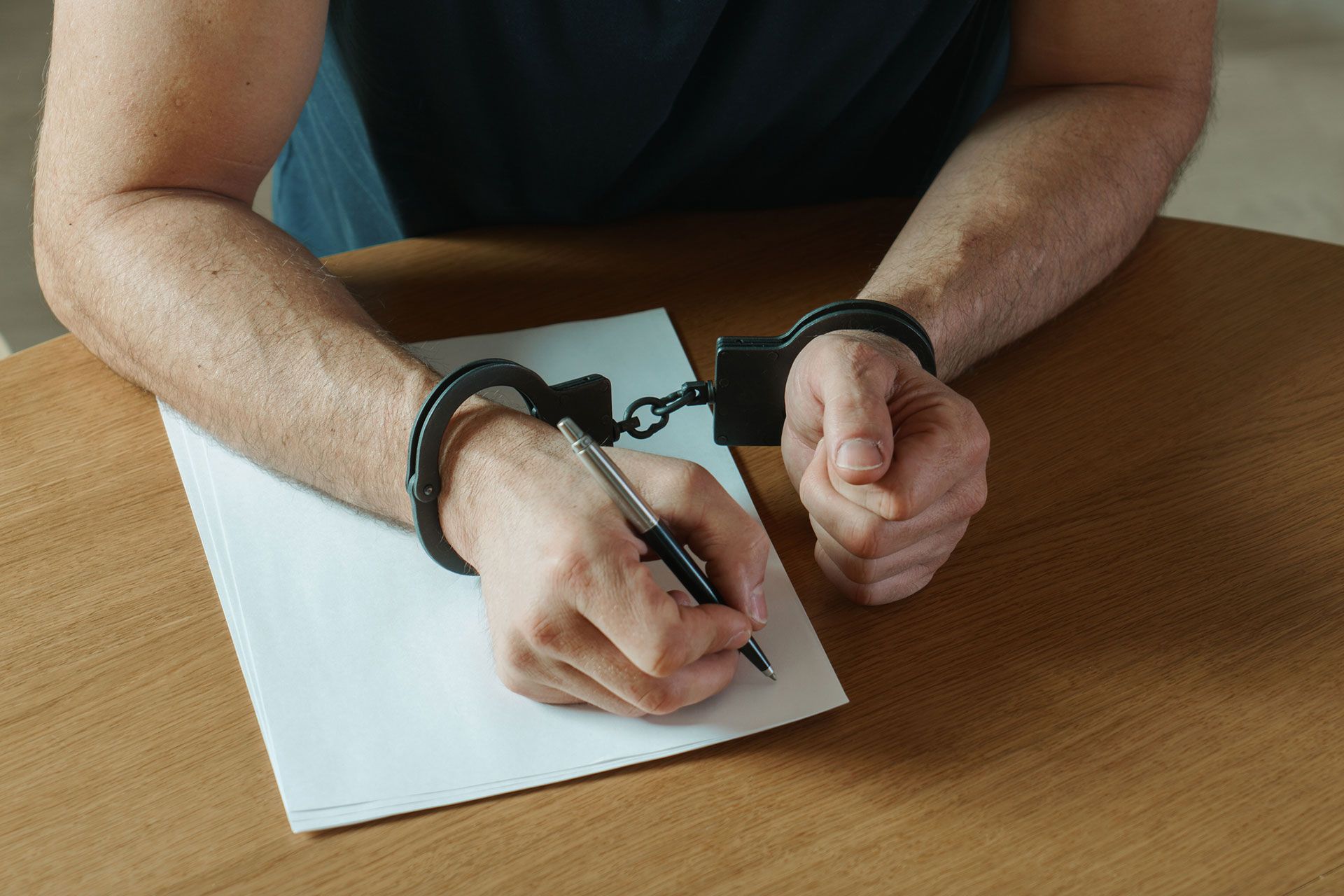What You Need to Know About Bail Bonds
Essential Facts About Bail Bonds You Should Know
Did you know that one in every 20 people will serve time in prison during their lifetime? If a loved one or a friend has been arrested, then you will most likely need to secure a bail bond to help get them out of jail. Since getting arrested could happen at any given time, understanding how bail works, how bail amounts are determined and what kinds of bail methods there are is something everyone should know.
What is bail & when is it set?
When someone gets arrested for a crime, it is a long process before a hearing occurs. Their name and personal information is entered into the police system, their picture and fingerprints are taken, and their personal belongings are held in impound. They are then given a sobriety test, allowed to make one phone call, and are then locked in a cell. Without bail, the person who has been arrested has to remain in jail until the hearing. In order to help people prepare for court and to keep jails free, courts post a bail amount. A bail hearing is usually scheduled within 48 hours of arrest and a judge will determine how much the bail will be.
When someone gets arrested for a crime, it is a long process before a hearing occurs. Their name and personal information is entered into the police system, their picture and fingerprints are taken, and their personal belongings are held in impound. They are then given a sobriety test, allowed to make one phone call, and are then locked in a cell. Without bail, the person who has been arrested has to remain in jail until the hearing. In order to help people prepare for court and to keep jails free, courts post a bail amount. A bail hearing is usually scheduled within 48 hours of arrest and a judge will determine how much the bail will be.
What factors influence bail amount?
There are many factors that influence the bail amount including the severity of the crime. Crimes such as petty theft will result in a lower bail than grand larceny or more violent crimes. If someone has an extensive criminal history, it is quite likely the bail amount will be increased. Significant differences exist for bail amounts depending on if the charge is a misdemeanor or a felony. The bail amount for felony charges can be 5 to 10 times higher due to potential flight risk. The judge can also deny bail, meaning the defendant remains in jail until sentencing.
There are many factors that influence the bail amount including the severity of the crime. Crimes such as petty theft will result in a lower bail than grand larceny or more violent crimes. If someone has an extensive criminal history, it is quite likely the bail amount will be increased. Significant differences exist for bail amounts depending on if the charge is a misdemeanor or a felony. The bail amount for felony charges can be 5 to 10 times higher due to potential flight risk. The judge can also deny bail, meaning the defendant remains in jail until sentencing.
When can you post bail?
Many petty crimes already have a set bail amount, and in this case, bail is able to be posted immediately after being processed. In other cases, bail cannot be posted until after the bail hearing. This is common with domestic violence cases and other violent crimes. The advantage of having to remain in jail until a bail hearing is that an attorney can be hired to help argue for a reduced bail amount.
Many petty crimes already have a set bail amount, and in this case, bail is able to be posted immediately after being processed. In other cases, bail cannot be posted until after the bail hearing. This is common with domestic violence cases and other violent crimes. The advantage of having to remain in jail until a bail hearing is that an attorney can be hired to help argue for a reduced bail amount.
What are some ways to post bail?
- Cash bond - The full bail amount is paid in cash. Sometimes these can end up more expensive than a surety bond due to the whole amount being due. If the defendant does not have the money, someone else can pay the bail on behalf of the defendant.
- Bail bond - Set for more severe crimes such as felonies. A bail bond is a form of payment provided on a defendant’s behalf by a bail bond agent. When defendants use a bail bond agent, they pay the agent a fee and the agent acts as a surety, telling the court that they (the bond agents) will pay the full bond amount should the defendant fail to appear at court.
- Property bond - If a defendant has property, like a house, they may be able to use it in place of putting down cash. The court will put a lien on the home and will be able to sell it if the defendant skips out on any court dates.
Other types of ways to post bail include signature bonds, surety bonds, and property bonds.
How do bail bonds work?
A bail bondsman is your go-to if you know someone who has been arrested and if the bail amount involves surety or a large amount of cash. A bail bondsman will front the money on behalf of the defendant in order to get them out of jail. By paying the bond, an agreement is made stating the defendant will show up at future court dates. Should the defendant comply with the bond conditions, the bond agent will return the collateral or release the lien created by the agreement upon the conclusion of the case.
Offering Affordable Bail Bond Services 24/7
If you find yourself in need of
bail bond services ,
you can rely on the team at Action Bail Bonds. We provide
free bond information and affordable bail bond services in Houston, TX, Harris County, and beyond. We are available 24 hours a day for your convenience. For fast bail bonds,
give us a call as soon as possible.












